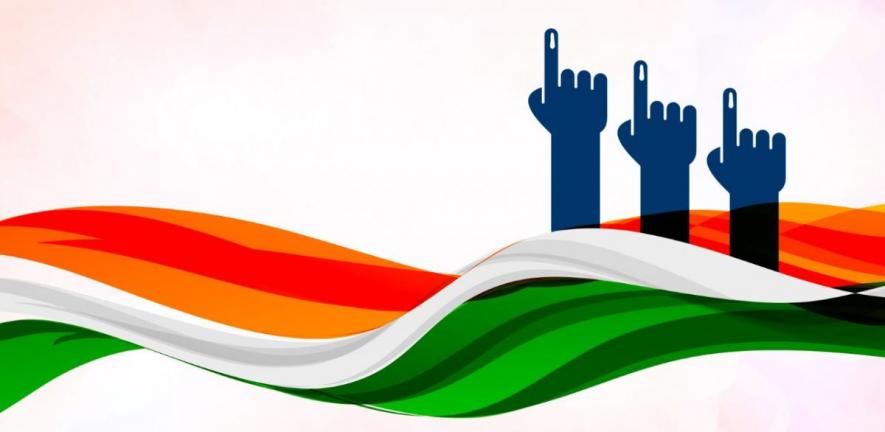In the dynamic landscape of democracy, the call for "One Nation, One Election" has gained momentum as a potential game-changer in the electoral process. This concept envisions synchronizing the Lok Sabha and state legislative assembly elections to be held simultaneously, streamlining the electoral calendar and fostering a more efficient and cohesive democratic system.
The Current Electoral Scenario:
Currently, India witnesses a plethora of elections at various levels throughout the year. From local panchayats to state assemblies and the grand stage of the Lok Sabha, the electoral calendar is packed, often leading to voter fatigue, financial strain, and administrative challenges. The idea of One Nation, One Election seeks to address these issues by aligning the timelines of different elections.
Benefits of One Nation, One Election:
-
Reduced Financial Burden: Conducting multiple elections incurs substantial financial costs. Implementing One Nation, One Election would significantly reduce these expenses, as the resources required for campaigning, security, and logistical arrangements would be consolidated into a single event.
-
Continuous Development Focus: Frequent elections can disrupt the normal functioning of governments, as the focus shifts from governance to electioneering. Aligning elections would enable a more sustained period of governance, promoting stability and allowing elected representatives to concentrate on policy implementation and development initiatives.
-
Enhanced Voter Turnout: A consolidated election schedule may lead to increased voter participation. With reduced election fatigue and a more focused voter engagement strategy, citizens might be more inclined to exercise their democratic right, resulting in a more representative mandate.
-
Streamlined Administration: Coordinated elections would alleviate the strain on the administrative machinery. Simultaneous elections would reduce the burden on the Election Commission, security forces, and other logistical support systems, ensuring a smoother and more efficient electoral process.
Challenges and Criticisms:
-
Constitutional Hurdles: Implementing One Nation, One Election involves amending the Constitution to extend or curtail the terms of certain state assemblies. This requires careful consideration to ensure the principles of federalism are not compromised.
-
Political Opposition: The proposal has faced resistance from various political parties, with concerns that it might disproportionately favor national parties over regional ones. Striking a balance that respects the diversity of India's political landscape is crucial for the success of the initiative.
-
Logistical Complexity: Coordinating elections across the vast and diverse Indian landscape poses logistical challenges. Infrastructure, security arrangements, and other essential elements must be synchronized on a national scale, requiring meticulous planning and execution.
Conclusion:
The debate over One Nation, One Election is emblematic of the ongoing evolution of India's democratic process. While the concept presents an opportunity to enhance efficiency and reduce the strain on resources, it requires careful consideration of constitutional, political, and logistical aspects. Striking the right balance and building consensus among stakeholders will be crucial for the successful implementation of this ambitious electoral reform. Ultimately, the pursuit of a more unified and harmonized electoral system reflects a commitment to strengthening India's democratic foundations.


No comments yet